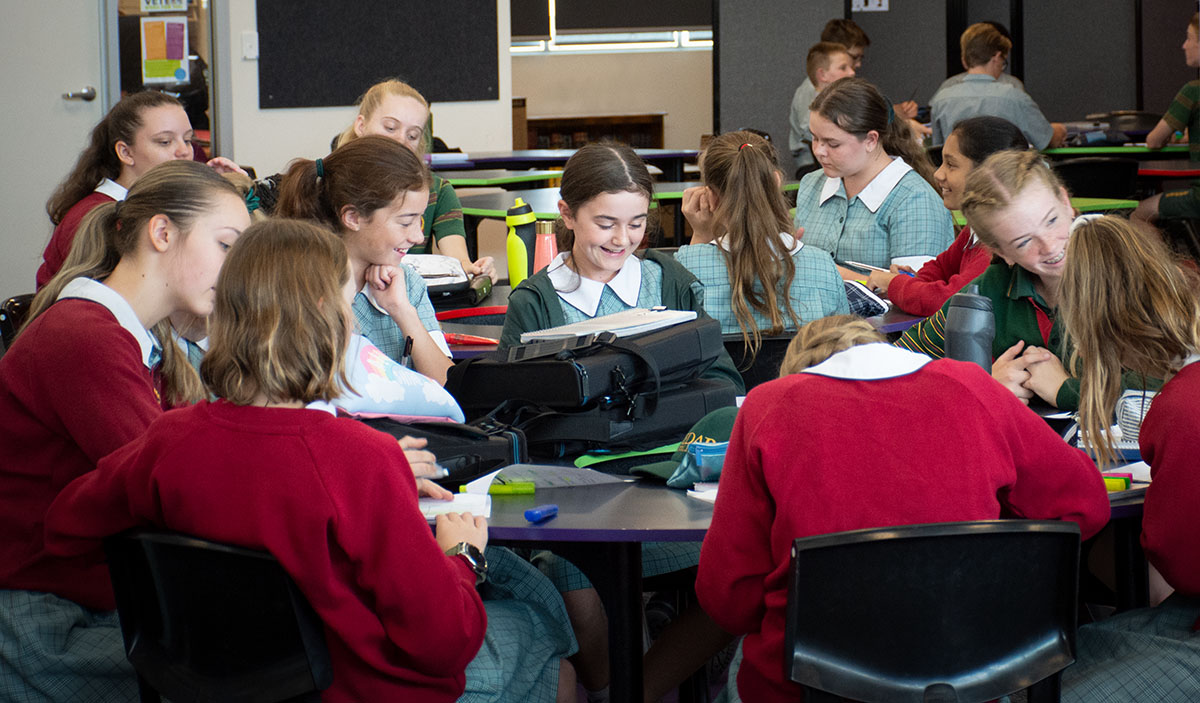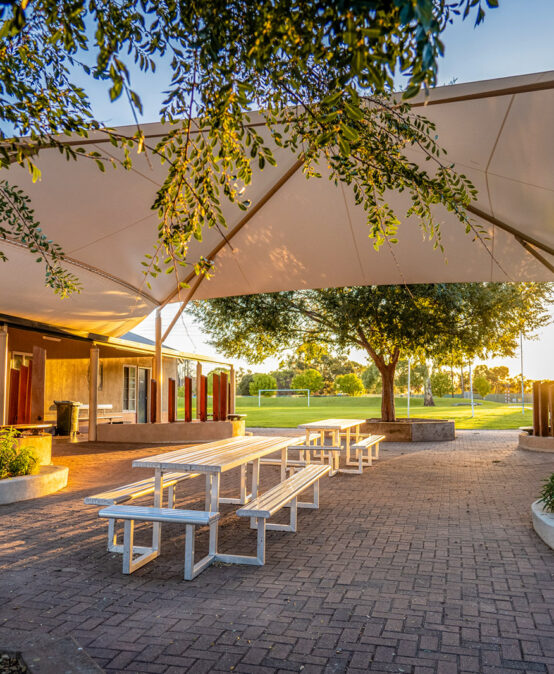
Thriving at Cedar
Planning ahead provides every opportunities to thrive
Thriving at Cedar
The beginning of the school year is an exciting and complex transition. We are already halfway through the term and Cedar staff have been eagerly investing themselves in their students’ learning and relationships.
There was a real buzz as new students were welcomed into the High School on the first day of school. Since then, the connections between students have strengthened, in both their classes and their communities. We have been encouraged by multiple stories of older students actively mentoring and supporting the younger students in their community.
Supporting Students
In the Mission Australia Youth Survey, the top three concerns for young people for the past two years were coping with stress, school or study problems and mental health. Given the prevalence of these challenges we believe it is vital to support students in these areas.
Surviving vs. Thriving
At the High School Information Night, students and their families were invited to discuss a handout titled Thriving at Cedar. It has been encouraging to hear students discuss the ideas and strategies that they have applied from this resource. Now is an ideal time to have a follow up discussion with your young person to find out how they have gone, and what their next steps could be. Developing ourselves is a core theme of our College vision. The routines we create and strategies we apply, greatly impact our rate of development. If you missed out on a copy, please visit the Helping Teens page on the College website.
As an extension to the Thriving at Cedar discussion, the Year 9 Health and Wellbeing class, along with Mr Webb and Miss Spriggs, held a time management workshop with the Year 7s last week. The Year 9s rose to the opportunity to support the Year 7s in recording the activities that take place in their week and evaluating what they do with their time. From there they formed a schedule to help balance study with down-time that recharges, and activities that strengthen their relationships.
I encourage each of us to consider the balance we have in our lives regarding our study, recharging, and relationships. Students benefit from listening to adults sharing about what they do, as well as talking through how they balance those three areas themselves.
Mr David Webb, Middle School Co-ordinator
Previous Newsletters
Read the full newsletter online













